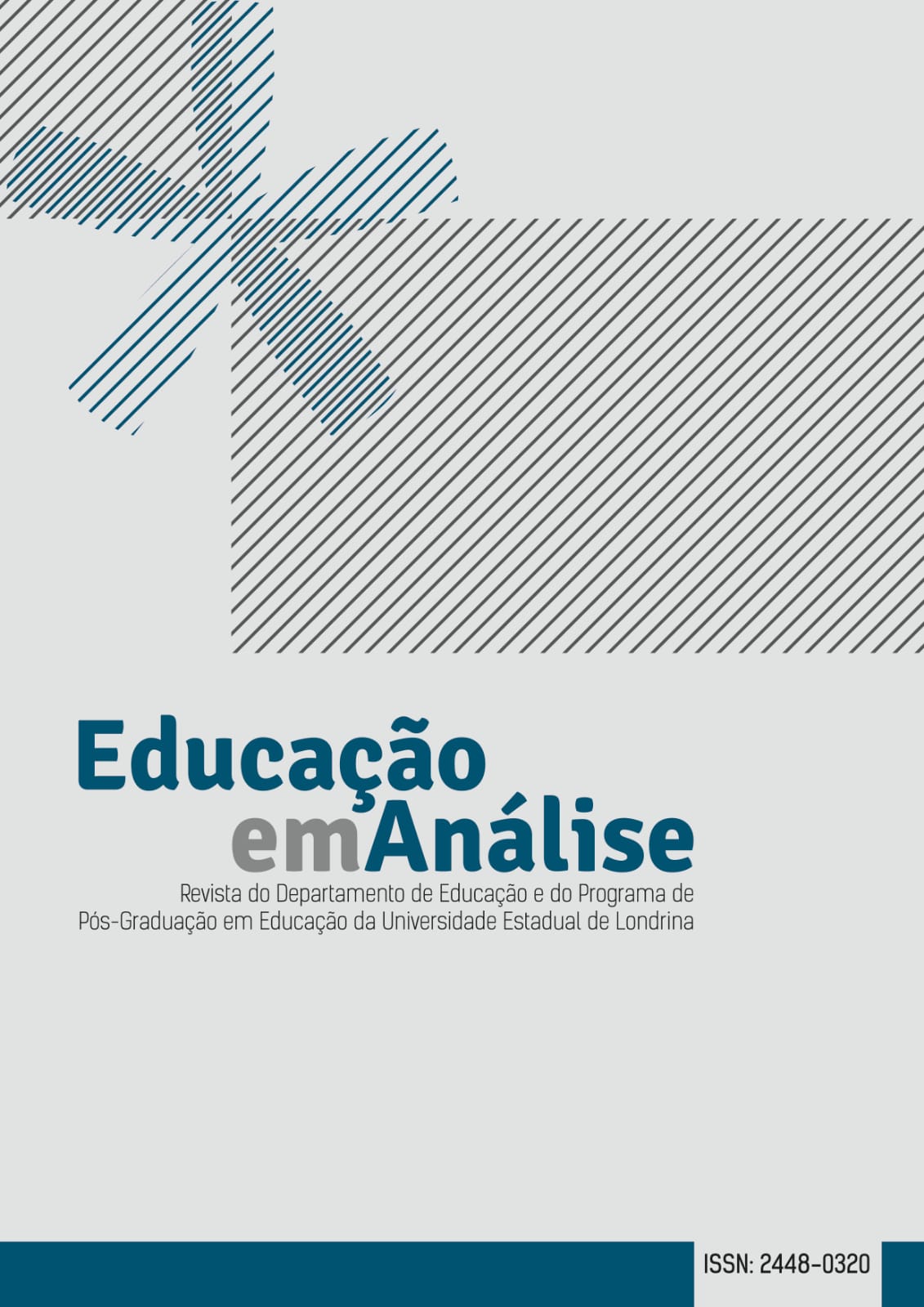So daughters being mothers: Report of two observations of infants and their mothers using the Esther Bick observation method
DOI:
https://doi.org/10.5433/1984-7939.2023v8n2p329Keywords:
Metodo de observação Esther Bick; bebê-mãe/cuidador; filha-mãe; maternidade.Abstract
This article aims to report and analyze primitive maternal aspects in the observations of babies with their mothers, using the Esther Bick Method. Following the moment of contact and the contract established with the families, it was agreed that the weekly visits would take place, online through the cell phone camera of the observers, on a previously defined day and time. So, the observers started the journey that lasted one year and a few months. The development of the baby was observed in relation to the caregiver and the environment. In the supervisions, we discuss the therapeutic potential of the method, based on the container function of the observer, and we highlight transformations in their role and in the caregiver-baby duo. In this work we present extracts from two observations: the report of baby Zara and her mother Nina, and baby Manu and her mother Anny. The observations demonstrate the empathetic posture of the observers who, through a silent and subtle act, offered support to the mother-baby duo. This was evident in feeling comfortable in the presence of observers, in knowing your baby. However, attention was paid to both, young mothers, even from different origins, still remaining at the expense of the family. It seemed to us that there were so many daughters siendo mothers, but they did not impidió to maintain their places in the constellation of motherhood.
Downloads
References
FREUD, S. (1912). Recomendações aos médicos que exercem a psicanálise. In:
SALOMÃO, J. (Org.). Edição standard brasileira de obras completas de Sigmund Freud. v. 12. Rio de Janeiro: Imago, 1969, p. 146-159.
FREUD, S. (1914). A história do movimento psicanalítico. In: SALOMÃO, J. (Org.). Edição standard brasileira de obras completas de Sigmund Freud. vol. 14. Rio de Janeiro: Imago, 1969, p. 12-82.
GOLSE, B.; AMY, G. Bebês. Maestros, uma dança com as mãos. São Paulo: Instituto Langage, 2020.
GUTFREIND, C. Narrar, ser mãe, ser pai & outros ensaios sobre a parentalidade. Rio de Janeiro: DIFEL, 2010.
LEBOVICI, Serge. O bebê, a mãe e o psicanalista. Porto Alegre: Artes Médicas. 1987.
PARLATO-OLIVEIRA. E. O bebê e as tramas da linguagem. São Paulo: Instituto Langage, 2022.
TREVARTHEN, C.; AITKEN, K; GRATIER, M. O bebê nosso professor. São Paulo: Instituto Langage, 2019.
Downloads
Published
How to Cite
Issue
Section
License
Copyright (c) 2023 Marcia Renata Barroso, Cleide Vitor Mussini Batista, Solange Frid

This work is licensed under a Creative Commons Attribution-NonCommercial 4.0 International License.
The journal reserves the right to make normative, orthographic and grammatical changes in the originals, with the aim of maintaining the cultured standard of the language and the credibility of the vehicle. It will, however, respect the authors' writing style. Alterations, corrections, or suggestions of a conceptual nature will be sent to the authors when necessary. In these cases, the articles, after being adequate, should be submitted to a new appreciation.









